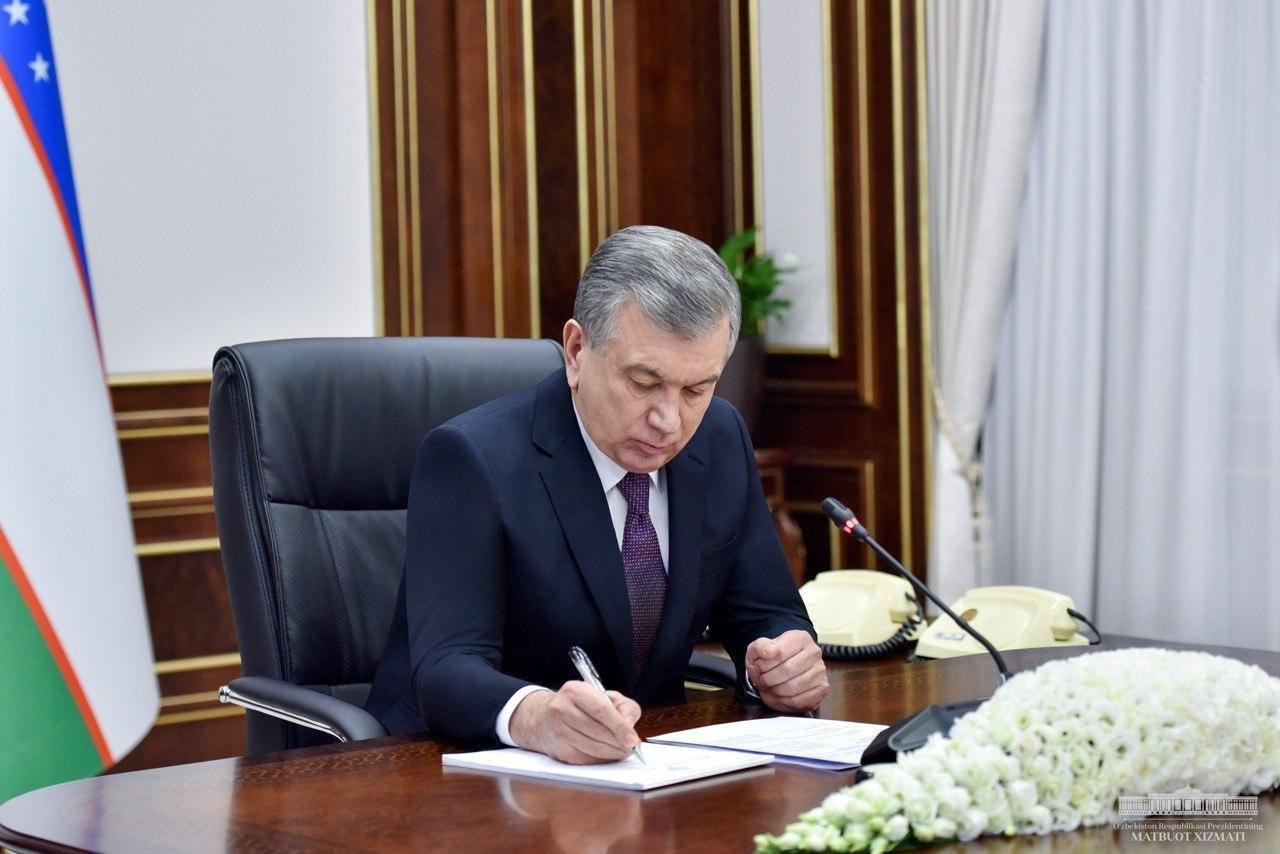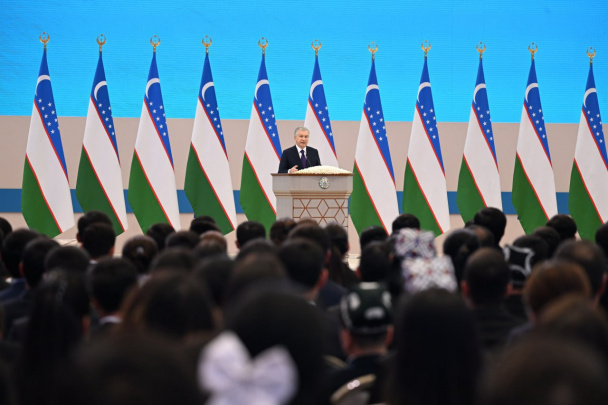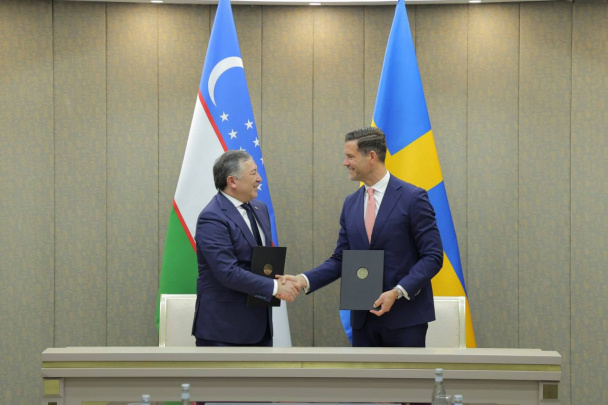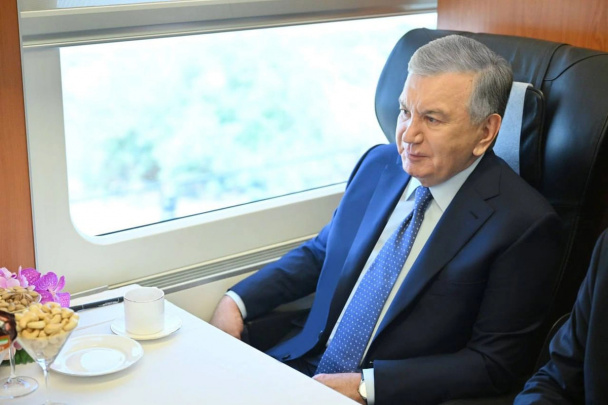Mirziyoyev signs the decree on ensuring the employment of population
The President has signed the decree on additional measures to provide the population with employment opportunities, vocational training, and involvement in entrepreneurship and increase labor activity of the poor and unemployed segments of the population.

Photo: Presidential press service
The decree approves:
• The composition of the national working group on vocational training for the unemployed and the poor and on increasing their labor activity;
• A program on promotion of employment and increasing the competitiveness of the labor force, as well as measures to reach mutual agreements on the organization of vocational training and teaching the Russian language to citizens of Uzbekistan working in the Russian Federation.
The decree determines the amount of necessary financial resources allocated, as well as the sources, directions and costs of introducing a new system for training the unemployed and the poor and increasing their activity in the labor market.
Karakalpakstan and the regions have started to create “Ishga Marhamat” (Welcome to work) mono centres, and vocational training centers are being established in districts under the Ministry of Employment and Labor Relations. Short-term vocational training courses are available in the districts of Tashkent, and citizens’ vocational training centers – in the mahallas. Non-governmental vocational training institutions for the unemployed and the poor have also been created.
The document also provides for the introduction of a mechanism to provide state support to non- governmental vocational training institutions to assist them in training the unemployed and the poor according to the demand of the labor market, in teaching them entrepreneurship basics and foreign languages. Non- governmental vocational training institutions have the right to choose their own curricula and teachers, and to make preferential use of teaching equipment.
According to the decree, the qualification of the students of the “Ishga Marhamat” mono centers and vocational training centers is evaluated on the basis of Worldskills standards, so the graduates receive passports of qualifications - Skills passports - recognized both in our country and abroad.
The certificates issued to the graduates of such mono centers and vocational training centers, as well as Skills passport, are equal to the diplomas of secondary specialized vocational education.
For this purpose, it is planned to allocate 150 billion soums (as an addition to funds allocated in 2020) from the Anti-Crisis Fund to the State Fund for Employment Promotion for technical re-equipment, repair and purchase of equipment and materials, maintenance and payment of salaries to teachers and masters.
According to the decree, the Council of Ministers of Karakalpakstan, the khokimiyats of the regions and Tashkent city are instructed to hold an open competition in each region to determine at least one “Best Professional Training Program” among non-governmental vocational training institutions, and additional funds in an amount of 50 billion soums will be allocated from the Anti-Crisis Fund for the implementation of winners’ projects.
Specialists expect that these measures will ensure the training of 60,000 unemployed individuals and members of poor families free of charge every year. Also, more than 25,000 people with disabilities are expected to join the labor market.
Overall, the measures will enable the government to provide employment services to 800,000 citizens and legal entities; approximately 410,000 women and 300,000 young people will be provided with work.
Recommended
List of streets and intersections being repaired in Tashkent published
SOCIETY | 19:12 / 16.05.2024
Uzbekistan's flag flies high on Oceania's tallest volcano
SOCIETY | 17:54 / 15.05.2024
New tariffs to be introduced in Tashkent public transport
SOCIETY | 14:55 / 05.05.2023
Onix and Tracker cars withdrawn from sale
BUSINESS | 10:20 / 05.05.2023
Latest news
-
Belarusian MTZ launches tractor assembly plant in Uzbekistan
SOCIETY | 13:39
-
Master’s admissions open: Language proficiency certificates required
SOCIETY | 13:26
-
Uzbekistan looks to ease visa process for Canada, Argentina, and Australia
SOCIETY | 13:19
-
Saida Mirziyoyeva joins jury of Zayed Award for Human Fraternity
POLITICS | 12:57
Related News

17:01 / 30.06.2025
Gov’t to launch a new program to identify and train next generation of public sector leaders

16:36 / 30.06.2025
Uzbekistan approves new program to employ high school graduates who don’t enroll in university

16:30 / 25.06.2025
Sweden eyes recruitment of labor migrants from Uzbekistan

17:52 / 20.06.2025



